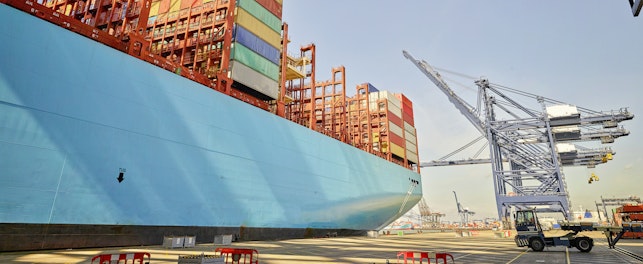The East African Community (EAC) has introduced East African standards (EAS) to harmonize safety and performance standards and encourage intra-EAC, continental and global trade. Producers, manufacturers, importers and brand owners operating in the region need to ensure their products comply with the relevant standards to successfully access the markets in member states.
In addition to standard harmonization and trade promotion, the new standards were developed with consideration for priority sectors contributing to gross domestic product (GDP), social economic factors and EAC policy priorities. There were over 600 standards listed in the most recent catalogue for EAS, issued in 2023, and that number is expected to rise as regional development accelerates.1
Once a standard is adopted, it is transposed into a national standard by every member of the EAC – currently, Burundi, Kenya, Rwanda, South Sudan, Tanzania and Zanzibar, Uganda and the Democratic Republic of the Congo.
Product coverage
EAS can be categorized into several product groups:
- Agriculture-related products: 50+ EAS covering mainly animal feeds, planting seeds and fertilizers
- Automotive products: 14 EAS covering mainly starter batteries, pneumatic tires and seatbelt assemblies
- Cosmetic products: 40 EAS covering mainly bathing items, hair care products, skin care products and oil-based products
- Household chemicals: 28 EAS covering mainly kitchen and bathroom cleaning chemicals, detergents, sanitizers and related products
- Industrial chemicals: 30+ EAS mainly covering paints, primers, epoxies and industrial-grade chemicals
- Construction/building materials: 40+ EAS covering sanitary ware, wooden doors, corrugated steel sheets, cement and related products, bricks, etc.
- Domestic items: 90+ EAS covering textiles/garments, paper products, household essentials (buckets, basins, etc.), baby napkins, some school supplies, footwear, etc.
- Electrical products: 30+ EAS covering electrical wires and cables, conduits, photovoltaics, plugs and sockets, audio-video appliances, etc.
- Food products: 230+ EAS covering processed foods, e.g. cheese products, flour products, processed meats, cereals and grains, beverages, canned food and fresh and frozen foods
- Petroleum and related products: 10+ standards covering fuel oils, engine oils, oil containers/vessels, etc.
EAC-Ready
Businesses need to start by identifying which EAS is relevant to their product. Once this is done, they will have a list of requirements that need to be fulfilled, including product testing by an independent laboratory and a factory audit.
Stakeholders can streamline the compliance process and get ahead of the competition with SGS’s proprietary program – EAC-Ready Certification. Not offered by other conformity assessment bodies, this voluntary scheme is an effective way to expedite the process of acquiring the mandatory certificates of conformity required to access countries in the EAC that implement pre-export verification of conformity (PVoC) programs. It is not a substitute for PVoC certification of conformity.
Why SGS?
- Trusted partner for businesses, governments and trading communities around the world
- Recognized as the global benchmark for sustainability, quality and integrity
- Unique global network of over 2,600 offices and laboratories
- Experts with unrivaled technical competencies and product knowledge
- Leading force in conformity assessment products falling under the program’s scope
- Accredited to conduct product certification services in multiple markets
- Expertise acquired through developing and implementing multiple product certification programs
- More than 100 years of proven objectivity, reliability and integrity
Learn more about EAC-Ready Certification.
This article can also be found in our PCA Newsletter (Q2/2024) – which keeps you up to date with developments in technical barriers to trade and product conformity assessment.
Read more PCA articles (Q2/2024)
- Saudi Arabia Imports: What is SASO IECEE Recognition Certification?
- Navigating UAE Product Conformity: Understanding ECAS and EQM Certification
- Why Pre-export Verification of Conformity Matters When Exporting to Tanzania
You can read more articles in our previous editions in the PCA Newsletter Library.
Footnotes
© SGS Société Générale de Surveillance SA.
400 Broadacres Drive,
Suite 200, 2nd Floor,
Bloomfield, New Jersey, 07003,
United States





